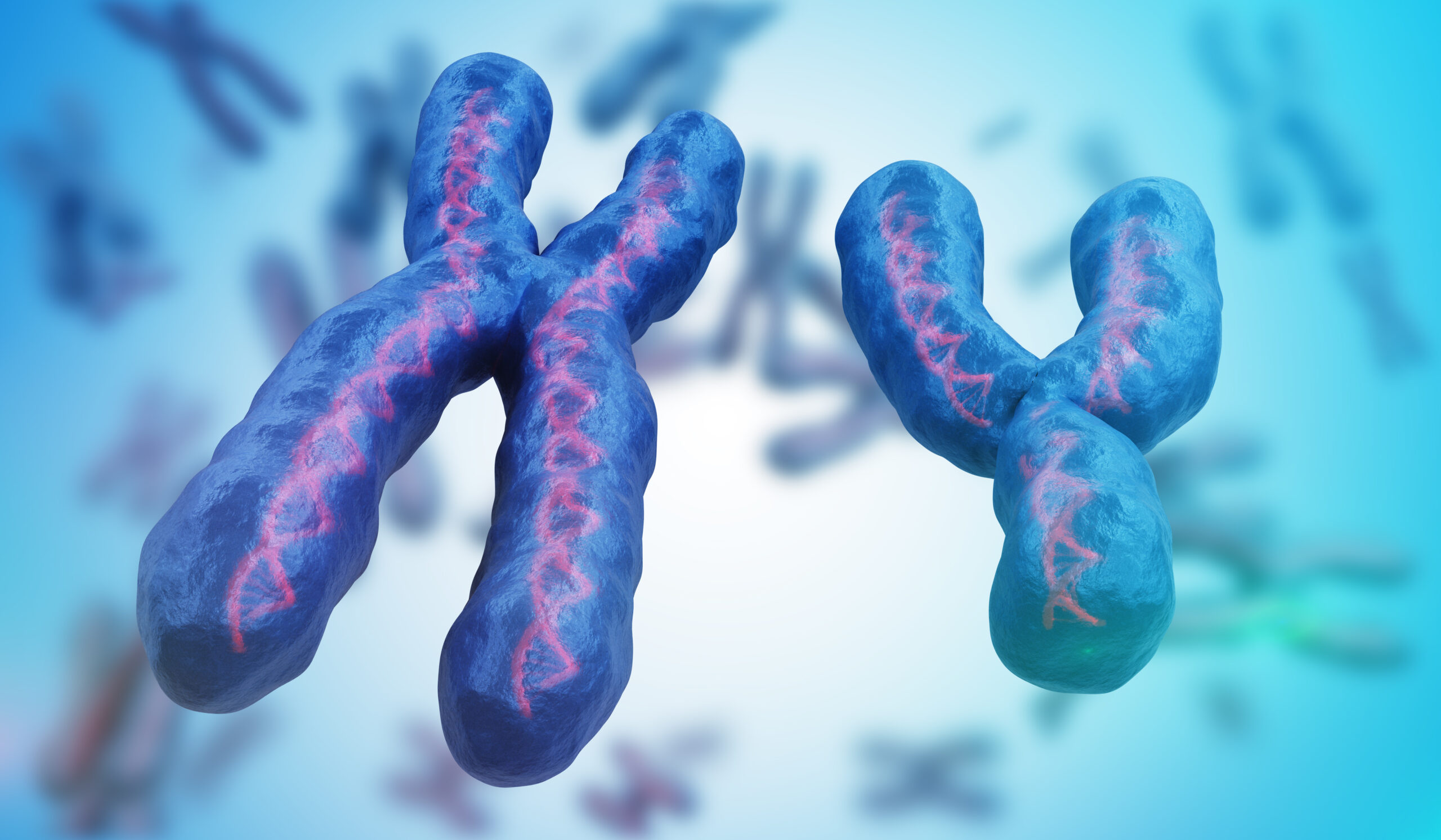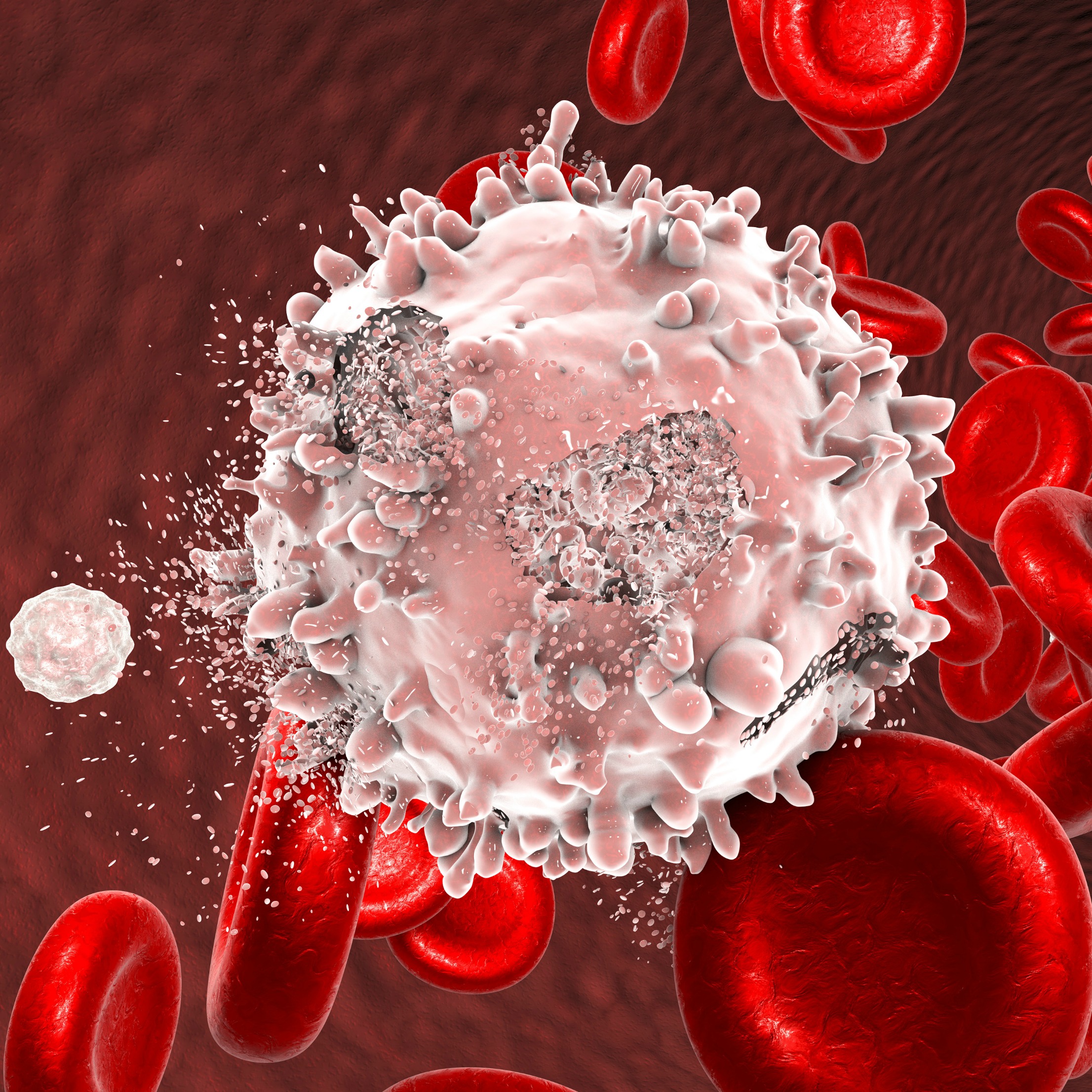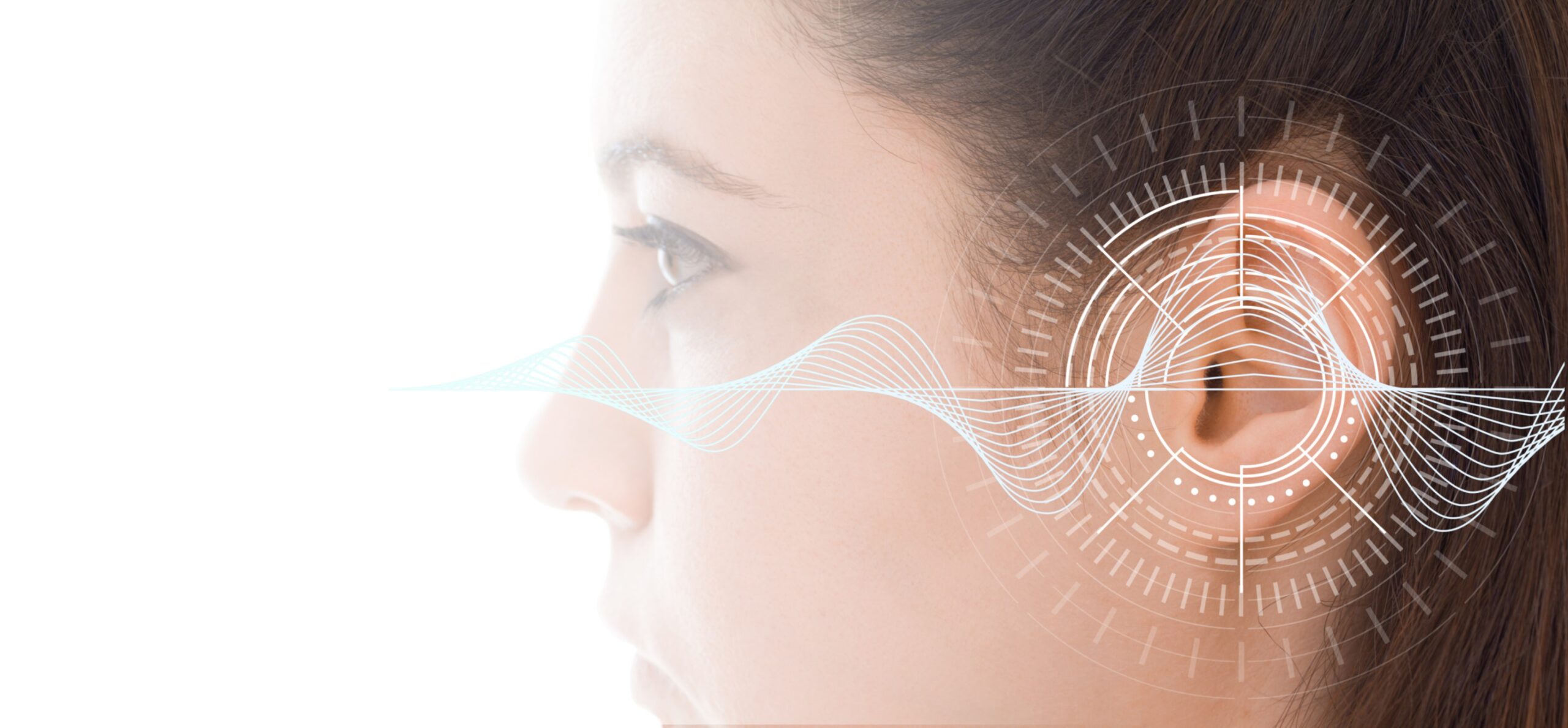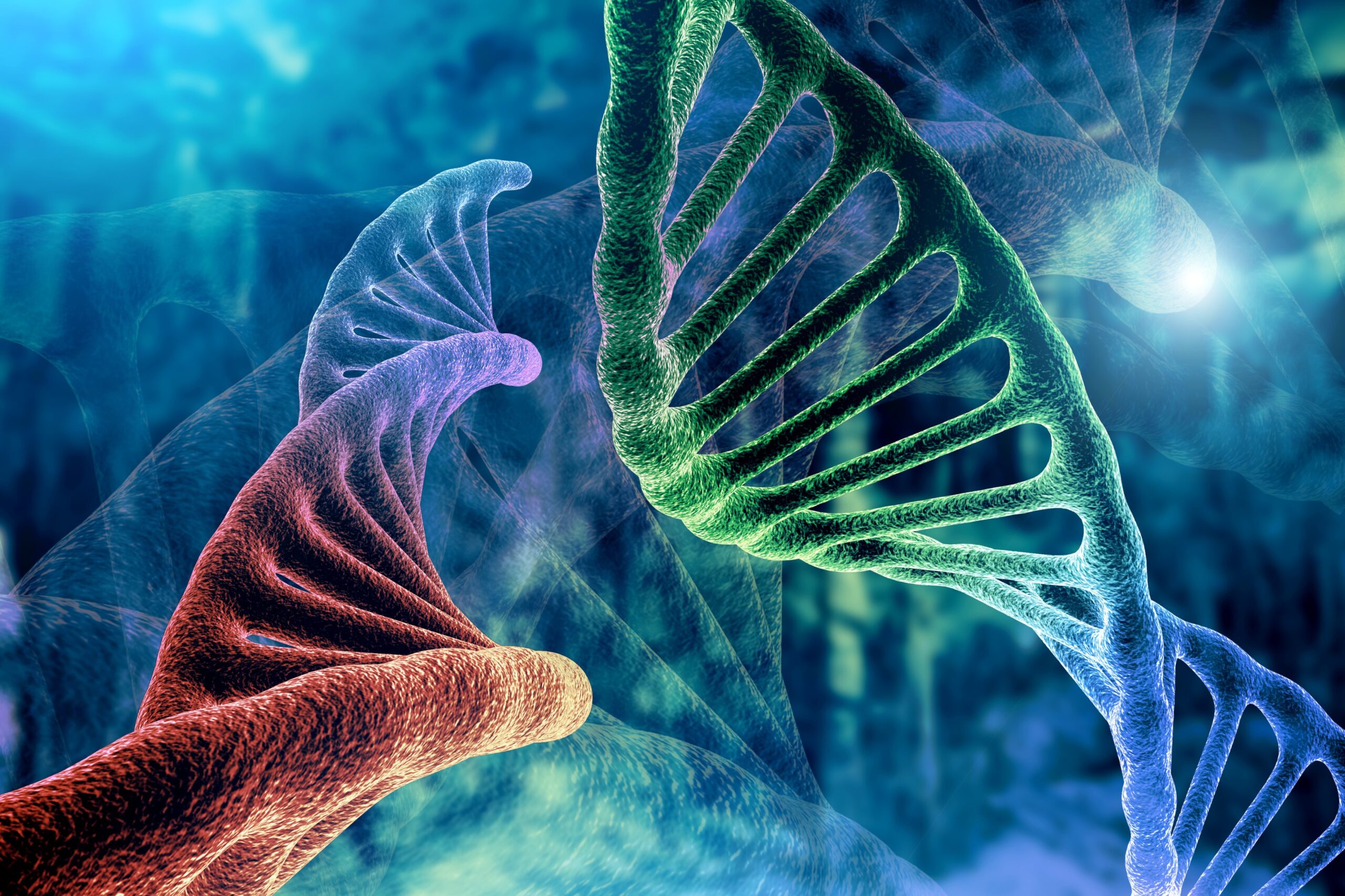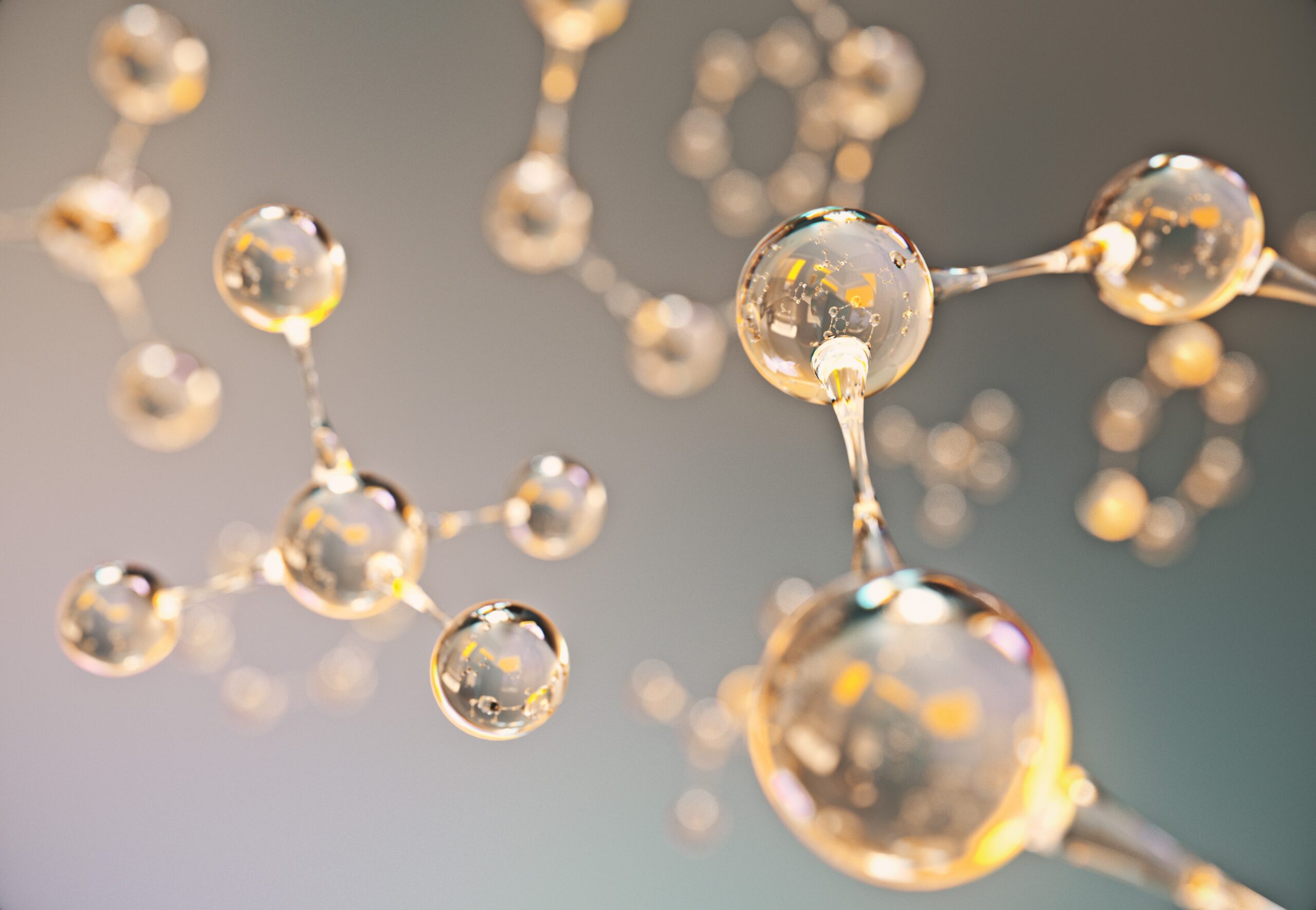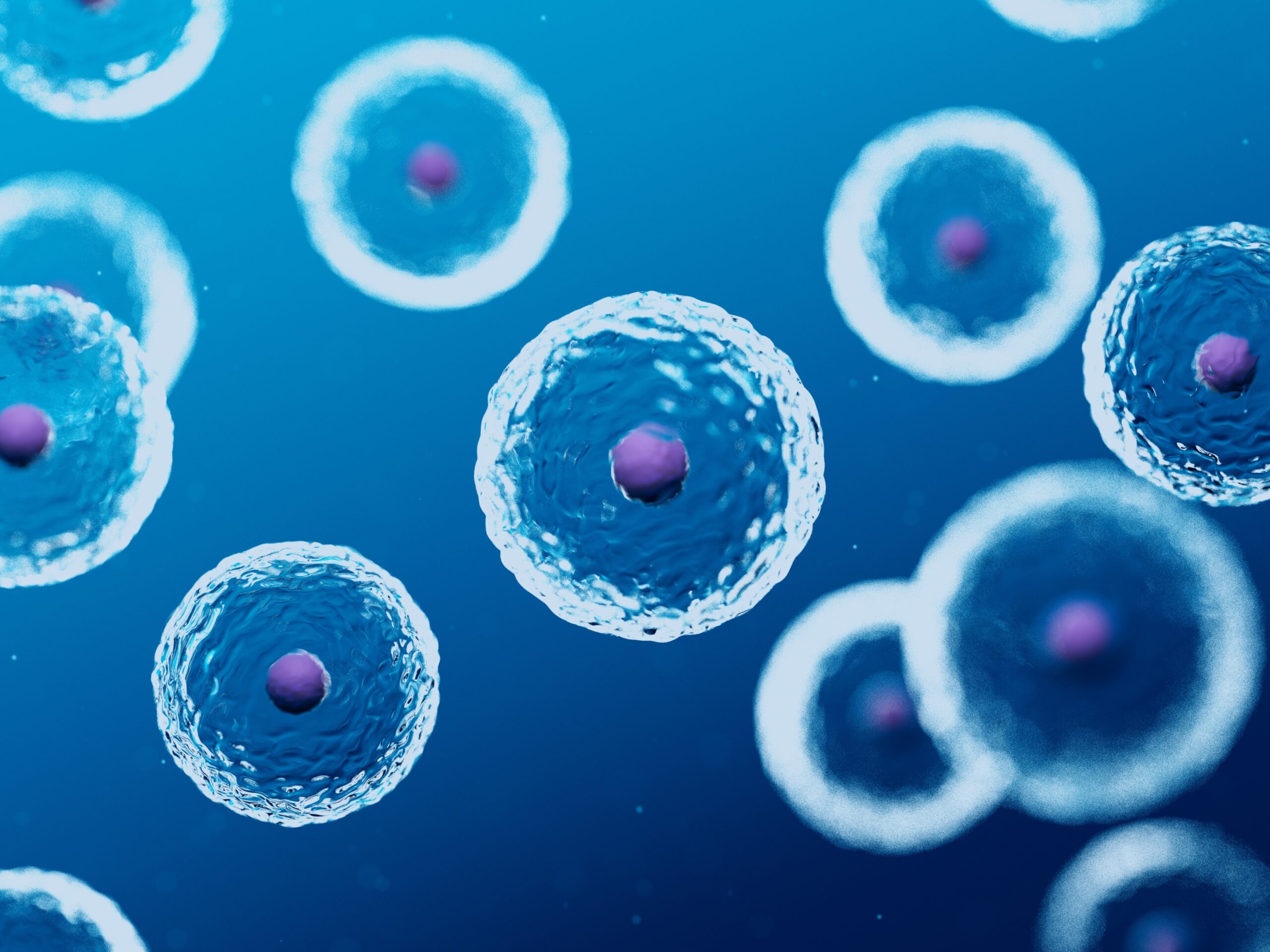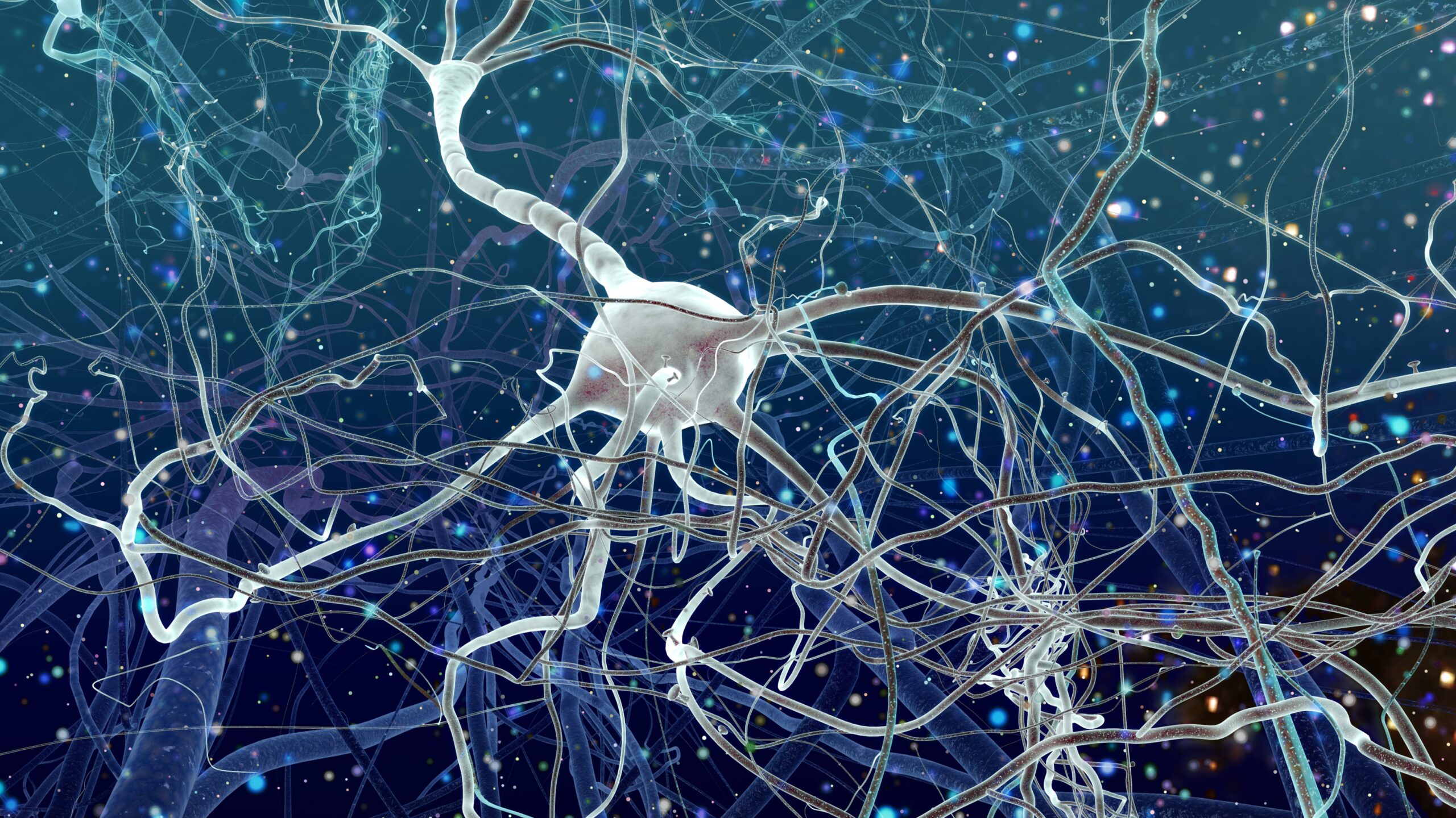Advance In Heart Failure Prevalence In Men
Researchers from the University of Virginia (UVA) School of Medicine have discovered a gene in the Y (the sex chromosomes only present in males) chromosome that contributes to the increased incidence of heart failure among men, possibly opening new avenues to treatments. Their findings have been published in Nature Cardiovascular Research. People normally have one …


